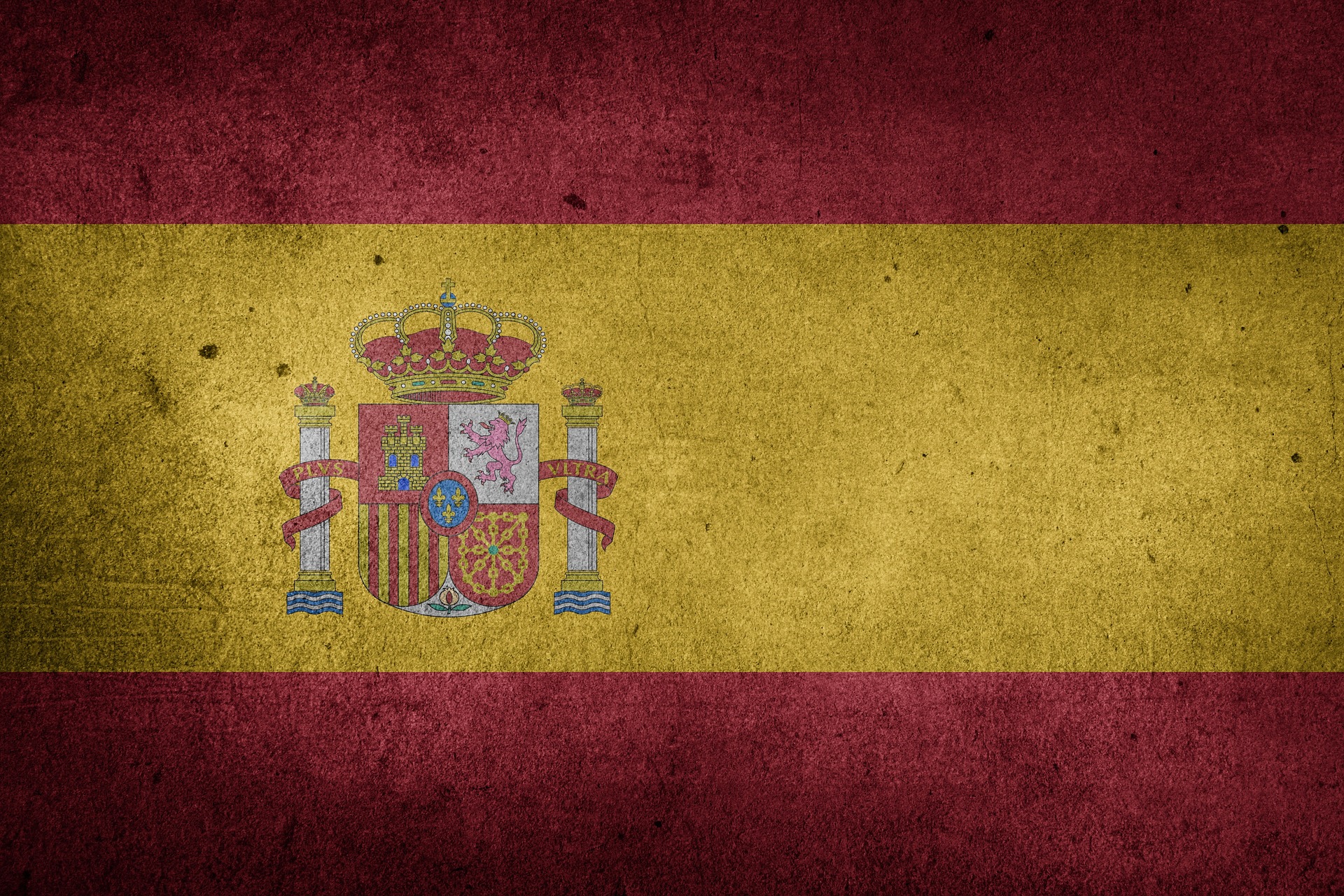EU Affairs
More Cork than Body – Difficult Starting Position for Spanish Government Cuvée

After months of agonising debates and under the influence of the Catalonia crisis, which has been intensifying for months now, Pedro Sánchez was re-elected prime minister last Tuesday. However, the price for his victory is high in many ways. The coalition between Sánchez’s socialists and the left-wing populist party Unidos Podemos, which despite months of negotiations was still considered impossible in the summer, has now been sealed in record time. This agreement encompassed substantial – particularly fiscal – concessions.
The two coalition partners together will not achieve an absolute majority in the Spanish parliament. The Catalan independence party ERC and the Basque separatist party EH Bildu made the election possible through their abstentions. In the past, too, there has always been a need in the fragmented Spanish parliament to involve regional parties to obtain a majority. However, despite their strong particular interests, the main concern of the regional parties was usually the governability of the country as a whole – which did not figure in recent debates at all. The ERC spokeswoman said in Congress during the debate on Tuesday that she “couldn’t care less” about the governability of the country, which is the civilized translation of her expression in the Spanish original. Anyone who, like Sánchez, is dependent on such votes does not go to bed knowing whether he will wake up still as head of government capable of acting the next morning.
After all, the independence advocates have made it clear that their pact with the Socialists applies only to the inauguration, but not to the ongoing governmental action and certainly not to the central budget votes. They are calling for a new bilateral dialogue format between the national government and Catalonia with the aim, among others, of negotiating the release of the recently convicted leaders of the illegal referendum of 2017 and a new independence referendum. Their understanding of the rule of law, such as an independent judiciary, which is expressed in the referendum, is of concern. Regional parliamentary elections in Catalonia, scheduled for 2021, should be seen as a guarantee that the discourse of the new “partners” will not relax under any circumstances, but rather become more radical. For the ERC is under pressure in Catalonia from even more extreme separatists – any yielding to Sánchez on the Catalonia issue would be accused of treason “at home” and exploited in the election campaign.
For the Spanish right – and in particular the new ultra-conservative formation VOX, which emerged as the big winner in the last elections in November – the new government should prove to be an ideal growth accelerator. For the patience of many Spaniards with the behaviour of the Catalan separatists is drawing to a close. As much as one would therefore like to see a resolute Spain as strong partner alongside Germany in the face of the challenges in Europe and the world, there is little hope at present that the country will be able to resolve its domestic conflicts, which paralyse it, any time soon.
